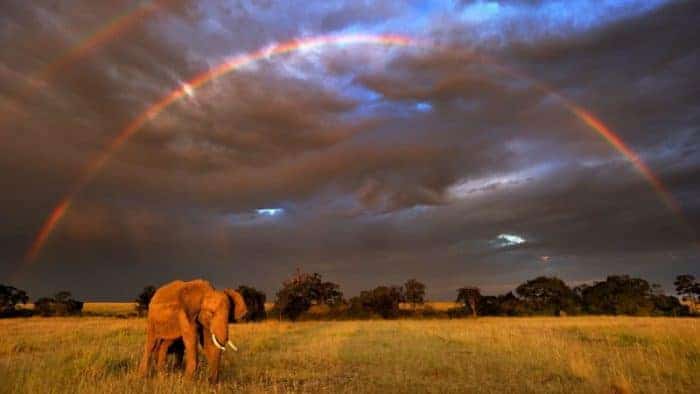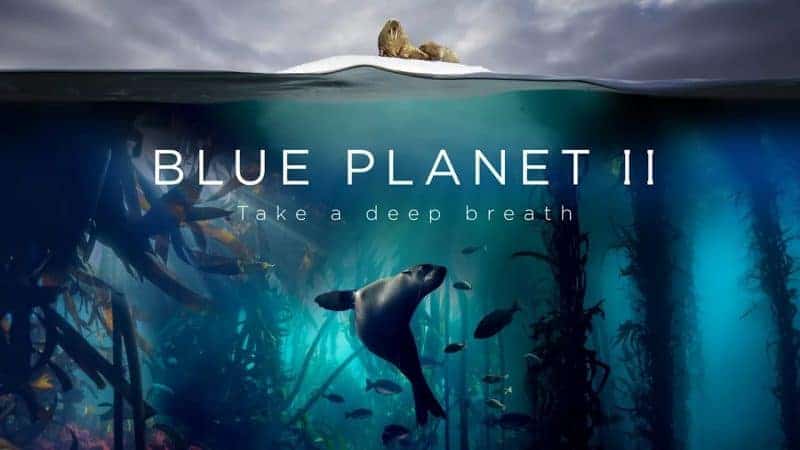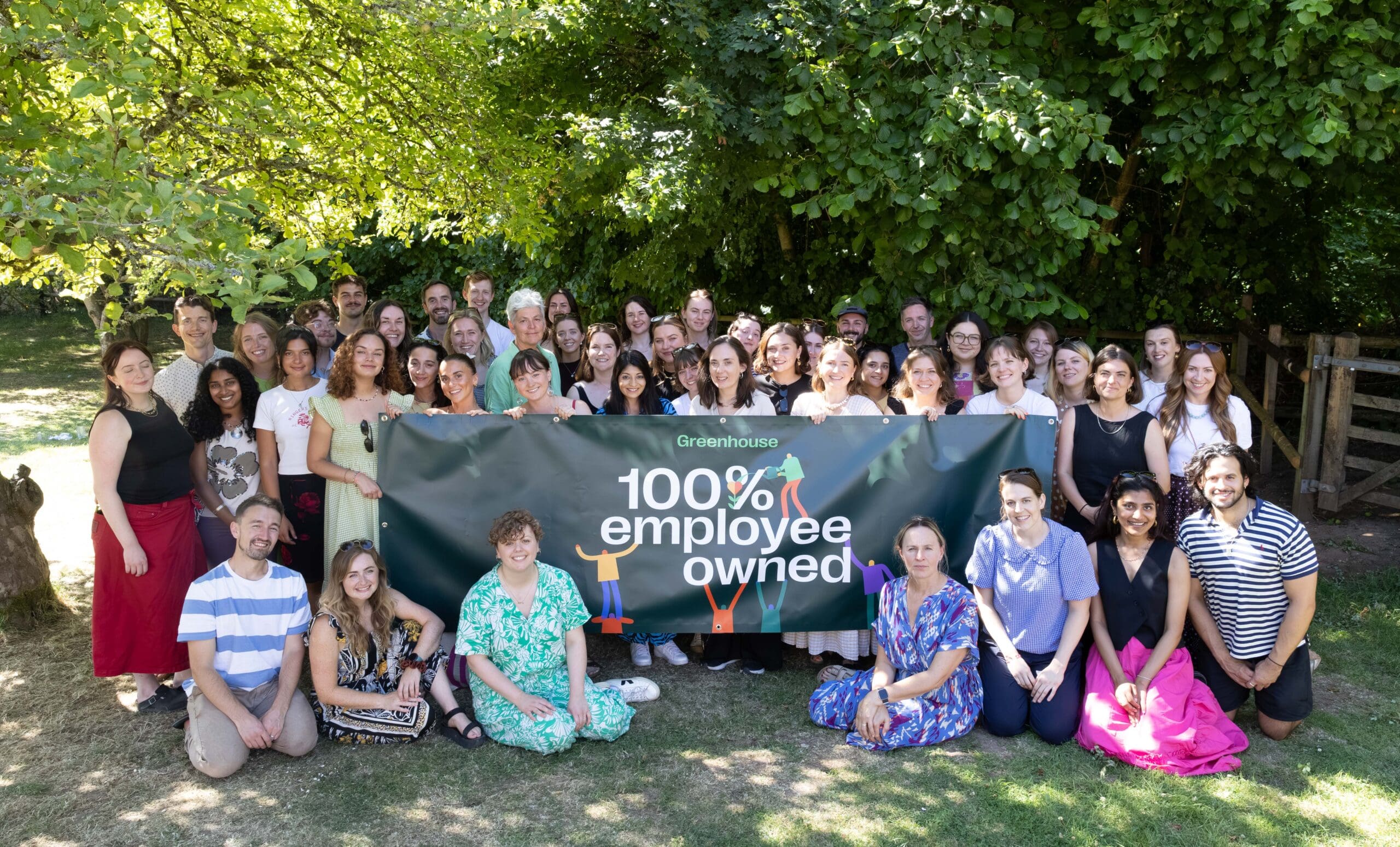Top 5 things we learnt at Communicate 2018

Communicate is a national conference for environmental communicators, hosted in Bristol each year by the Natural History Consortium.
This year’s conference was titled The Art of the Possible and covered a diverse range of topics, from video creation and crisis communications to Brexit and the 25-year environment plan.

The Greenhouse team hosted a social media workshop and took part in a panel discussion about how to make your programme newsworthy. We also had the opportunity to attend lots of other thought-provoking sessions and meet like-minded communicators who share our mission to drive positive environmental change.
The official resources from this year’s event will be added to the website in the coming weeks but in the meantime we’ve prepared a round-up of our Communicate highlights:
1. Our Planet
Keith Scholey of Silverback Films delivered an inspiring keynote about the Our Planet TV series currently being developed by his team in partnership with WWF and Netflix. Due to broadcast next year, Our Planet will be a landmark 8-part natural history series, deliberately timed to galvanise action in the lead up to the 2020 UN biodiversity conference in Beijing.

African elephant (Loxodonta africana) with double rainbow in background, Masai Mara GR, Kenya, January
2. Brexit: The Opportunity?
Representatives from the National Trust and Blue Marine Foundation tackled the B word and explored the opportunities that leaving the single market offers from an environmental perspective.
Alex Raeder, the Trust’s natural environment lead for South West England, spoke of the opportunity to create localised farming systems that reconnect communities to food and farming. He described Brexit as the most significant transformation of our countryside since World War II and talked about rewilding areas of the countryside in a shift away from industrialised agriculture.
Professor Tom Appleby, a trustee of the Blue Marine Foundation and UWE lecturer, spoke about the legal complexities surrounding the Common Fisheries Policy and explained why the vast majority of fisherman voted to leave Europe.
Both speakers agreed that strong political leadership is required in order to communicate a narrative of hope.
3. Plastic Fantastic
Award winning Executive Producer James Honeyborne treated the Communicate delegates to a discussion around the creation of the groundbreaking Blue Planet II series. Five years in the making, the documentary aspired to connect people with the undiscovered depths of the ocean and captured the hearts and minds of a global audience.
James highlighted how Blue Planet II brought plastics firmly into the public consciousness – and focused on how we can work together to create the next tidal wave for environmental change.

4. Behaviour Change
Communicate veteran Trewin Restorick inspired the audience with his practical examples of how environmental charity Hubbub designs positive and playful behaviour change campaigns.
Hubbub tackle a wide range of environmental issues – from pumpkins to plastic – but the one that generated the most reaction on twitter was their innovative ballot bin, which asked people to use their butts to cast a vote on a topical issue – reducing cigarette litter by 46%.
5. 2019 Year of Green Action
In their 25 Year Environment Plan, the Government committed to make 2019 a year of action for the environment, putting children and young people at its heart. We heard from representatives of the #iwill campaign, run by Step Up To Serve, which aims to make involvement in meaningful social action a part of life for all 10-20 year olds.
They set out a timeline for the year of green action, which includes World Planting Day on 21 March, International Youth Day on 12 August and #iwill week in November.
If you’d like to find out more about the Communicate conference, check out their online archive of past events and resource library or sign up to join the mailing list here.
At Greenhouse we’re passionate about organisations driving positive environmental change. If you are an environmental pioneer who has a great story, get in touch with our team on info@greenhousepr.co.uk or call 0117 214 1250 to find out how we can help.


